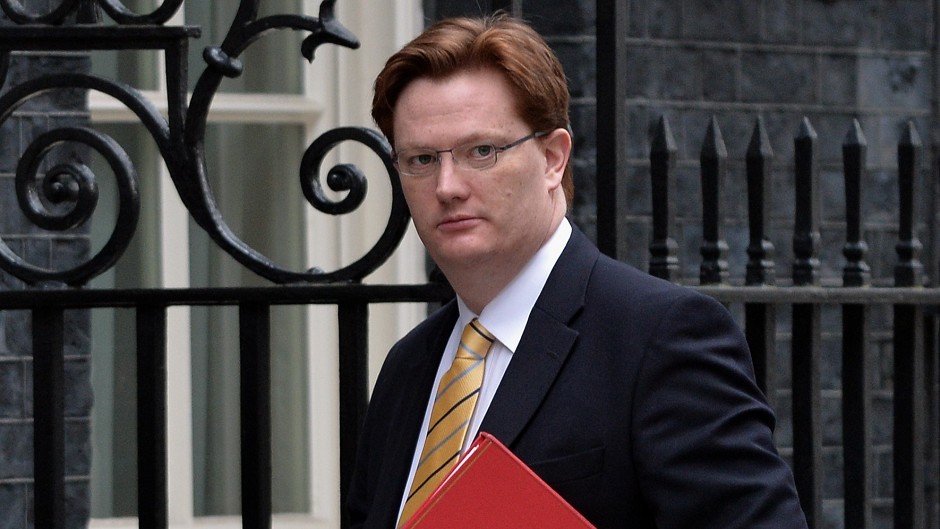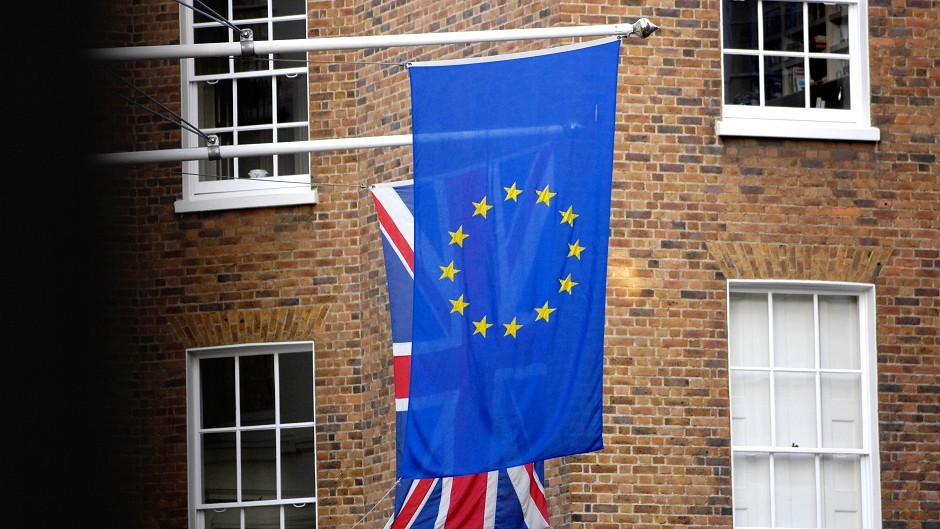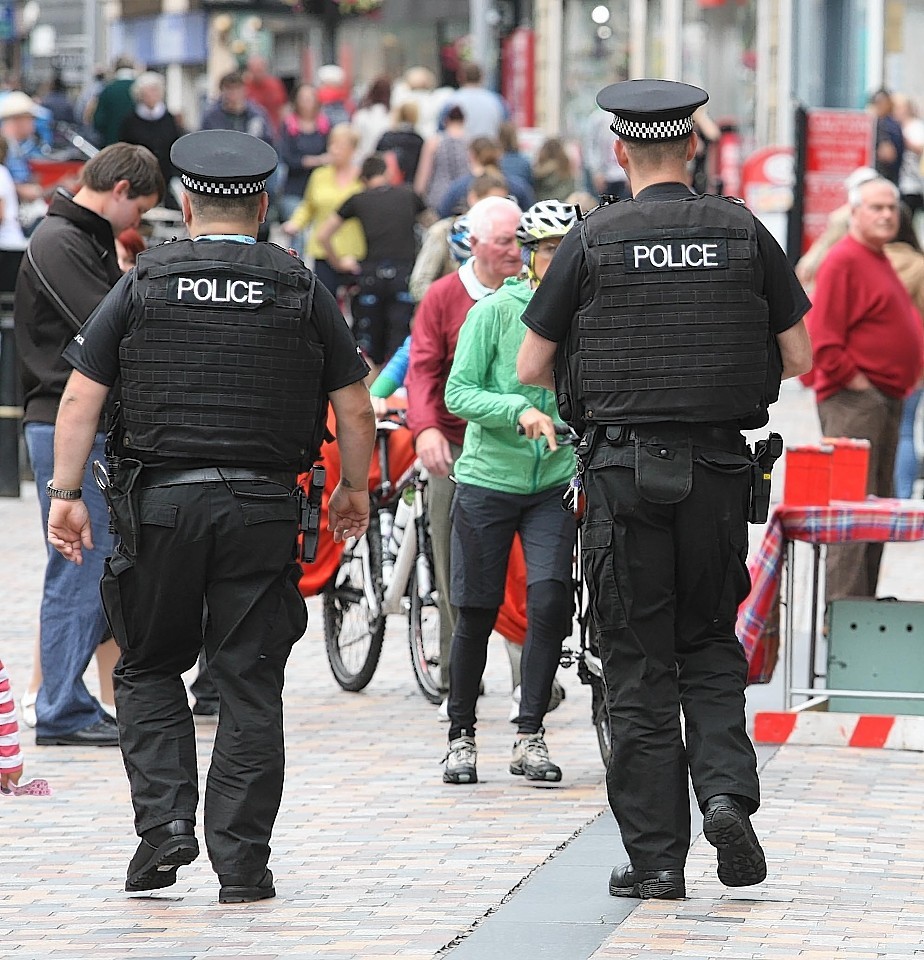Sir Daniel Grian Alexander, Chief Secretary to the Treasury between 2010 and 2015, was the Member of Parliament (MP) for the Inverness, Nairn, Badenoch & Strathspey constituency from 2005 until the general election in May 2015, when he was defeated by Drew Hendry of the Scottish National Party.
In this week’s guest political column Danny Alexander gives his thoughts on three key issues.
Keeping the UK in Europe
Last month we celebrated the first anniversary of winning the referendum to keep Scotland in the UK. The SNP’s pondering about breaking their ‘once in a generation’ is outrageous and misguided. As the P&J poll showed, we are no more likely to vote for the fool’s gold of independence now than we were last year.
Instead, our attention should shift to the very big decision that we will have to make – do we keep the UK in Europe?
British politics today centres around a simple, fundamentally important question – how should we engage with the rest of the world? Should we close ourselves off, or remain a society that is open and engaged and thrives as a result? The consensus of many decades is being questioned now more than for many decades – by separatists within the UK, and by those who would leave the EU and close our borders.
Just as with the UK, being part of the EU massively strengthens our economy. Our trading links are deeper, we are more attractive to investors, and Britain’s strengths are amplified, as part of one united EU single market. So is our ability to fight climate change, tackle international crime, and win good trade deals with other parts of the world.
At the beginning of this week, we saw the ECI survey of fast-growing firms finding that 91% of those surveyed wish Britain to remain in the EU. This clarity should be important to voters, particularly as these views come from the firms who will drive British growth in the coming years. The mildest way of reading these results is a clear message from business that no good will come of exit. Many rightly believe serious harm would be done. There is much work to be done to ensure the majority continue to share that view and business will need to play its part in that too.
The north of Scotland has benefitted enormously from our place in the EU over many years. We can see the obvious benefits of EU funding. Less obvious, but more important, are the many firms employing thousands of people in the north that enjoyed unfettered access to the world’s largest borderless single market. So making sure we win the referendum matters to our part of the world.
That’s one of the reasons I am getting involved with the In campaign. We need to start making the positive case and engaging with supporters before the Government’s renegotiation is complete. This is, by far, the most important decision that will face the United Kingdom over the next few years. If you want to get involved, register your support at www.theincampaign.co.uk
Election debate must focus on many problems
I hope that the debate in the Scottish Parliament elections next year will focus on the many problems that have built up in our public services under the SNP.
Willie Rennie, the Scottish Lib Dem leader, has been by far the most effective opposition politician in exposing the SNP’s failings in schools, hospitals, and especially policing and justice.
In my time as an MP, I met countless people outraged by the combined effects of police centralisation and the deeply illiberal instincts of the nationalists. The consequence was inappropriate police tactics in the Highlands – mounted police at football matches, armed officers on the streets. Worse, as the brilliant North East Lib Dem MSP Alison McInnes has exposed, policies like stop and search became routine.
There is nothing good to say about the way nationalists have taken policing in Scotland. The chief constable was probably right to resign. But he must not be allowed to become a fall guy – these were decisions made by politicians, and they must be held to account.
As Willie Rennie has rightly said, Scotland doesn’t need a government obsessed by independence, it needs one focussed on growing the economy and dealing with the problems in our schools, hospitals, and police. It won’t get that if voters give the SNP another majority next May.
Let’s give Britain’s real northern powerhouse the change of gear we need
Leaving office is painful, and all the more so in my case because some of the good policies I’d set in train are being dismantled by the Tories. One that has survived – so far – is the proposal for City Deals for Aberdeen and Inverness. While progress appears slow from the outside, I hope that what will result are significant programmes of investment for both cities and much greater freedom to shape their own destinies. The north is where Scotland’s true economic potential lies – but we need the freedom to unlock it for ourselves. I am so grateful for all the letters of support and congratulation I’ve received from people across the north since May – but for me the best legacy would be to get these deals done so that Britain’s real northern powerhouse gets the change of gear we need.


